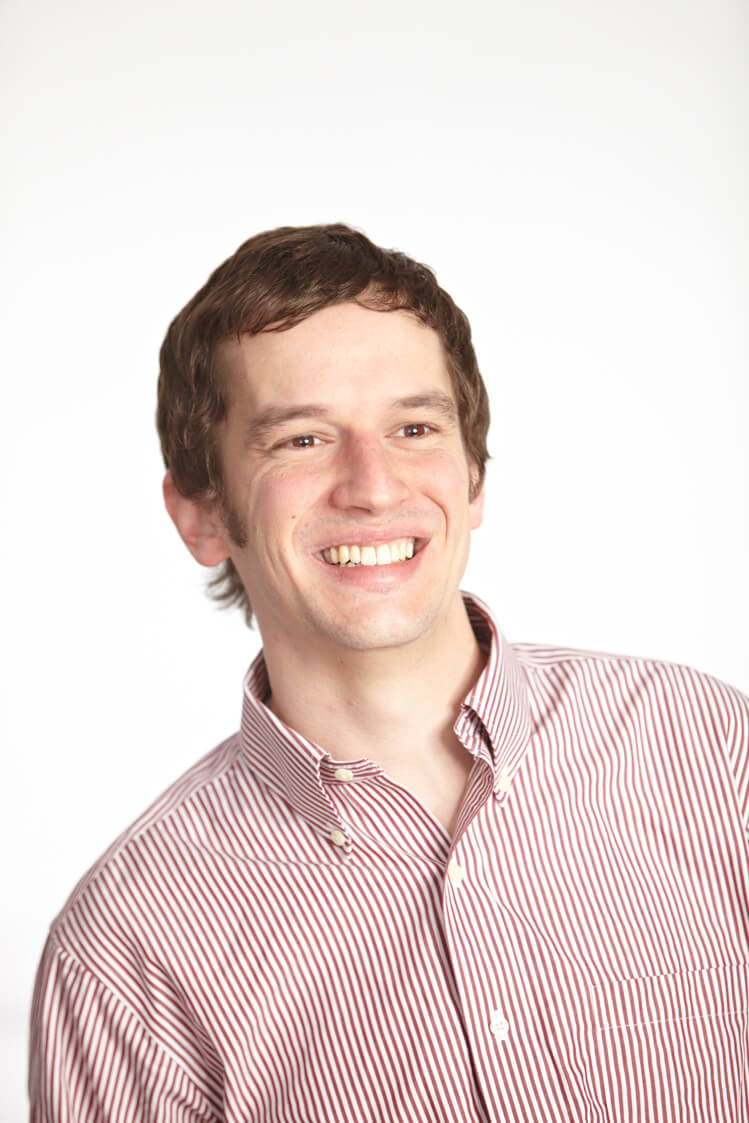Hate crimes against LGBT+ residents in deprived neighbourhoods risk going unrecorded because housing associations rarely enquire about tenants’ sexual or gender identity, research has found.
The University of Stirling study, which was funded by the British Academy, found many gay, lesbian, bisexual and transgender people living in deprived neighbourhoods in Scotland have experienced either abuse or assault, or live in fear of such attacks.
However, because social landlords do not routinely ask people their sexual or gender identity on equality monitoring forms, it is difficult to get a full picture of the prevalence of hate crime or anti-social abuse against tenants who identify as LGBT+.
Dr Peter Matthews, Senior Lecturer in Social Policy at the University, said people were also unlikely to come forward to report incidents as it placed the burden on them to come out at a time when they were already feeling vulnerable.

Dr Peter Matthews
“If you don’t ask people on the basic monitoring form whether they are LGBT, then if somebody has an issue because their neighbour is shouting homophobic abuse at them, you’re asking them to come out at the same time as telling you about the anti-social behaviour,” he said.
“Also if you don’t have that data within your system, you can’t analyse it by that category to see if there are particular issues these service users face.”
The research team interviewed 20 people who identified as LGBT+ and either lived in a deprived neighbourhood or had experienced homelessness. They also interviewed people from four housing associations, two homelessness organisations and one local authority. While the research found many positive stories and examples of good practice, it also revealed the difficult circumstances faced by some LGBT+ people.
One trans woman, who did not want to be identified, said nearly every window in her house had been smashed.
“There was a group of teenagers that would come to my house and shout abuse and throw stones at my window,” she said. “Every window apart from my kitchen and bathroom windows has been smashed at one point or another just because they know that the ‘tranny’ lives in there.”
Other participants said they changed their everyday behaviour by avoiding walking back to their homes alone at night, getting taxis to their door or arranging for a friend to drop them off.
Dr Matthews said when they asked service providers why they didn’t routinely collect this data, the usual response was that staff were afraid of causing offence.
“This is incredibly problematic,” he said. “It needs to be recognised that presuming people would be offended is homophobic and transphobic. It presumes that sexual and gender identity is something that people should be ashamed of and want to keep secret.
“It denies LGBT+ service users their identity and any issues relating to their identity – you are putting LGBT+ people back in the closet.”
In a separate study, the researchers also looked at the issue of homelessness in the LGBT+ community. Again they discovered that a lack of data made it impossible to say how many LGBT+ people are homeless.
They are now calling on service providers to routinely ask people their sexual identity and gender identity.
Background information
Media enquiries to Rosemary Free, Communications Officer, on 01786 466 169 or rosemary.free@stir.ac.uk
